Advanced autonomous 5G buses being tested in Putrajaya this year
By THE STAR | 09 September 2024
CYBERJAYA: Plans are under way to test a 5G autonomous electric bus service with limited operational passenger service trials in Putrajaya later this year.
These buses will use 5G to navigate, connect passengers with public wi-fi, and offer in-vehicle closed-circuit television (CCTV) cameras and other monitoring bells and whistles to make the ride safer and more reliable.
These buses have been undergoing proof-of-concept (POC) trials for the 5G tech used onboard and were demonstrated today with Digital Minister Gobind Singh Deo and Transport Minister Anthony Loke hitching a ride on the buses.
Following the POC trials, the service will be further tested this year with an operational passenger service that will serve a closed group of volunteers.
Gobind said the success of the trials showed that digital transformation could improve public service delivery.
“Integrating 5G applications in autonomous public vehicles will boost the overall experience for the users, allowing them to feel safer and stay better connected.
“This is in line with our efforts to transform Malaysia into a digital nation, where digital technology such as 5G can significantly improve public services, businesses as well as communities.
“We hope to see transportation industry players embrace digital technologies to take their business to the next level,” he told a press conference at the event.
The service is born from a Memorandum of Understanding (MoU) signed in May between partners national 5G network provider Digital Nasional Berhad (DNB), technology giant Ericsson and local autonomous vehicle solutions developer eMooVit Technology Sdn Bhd.
Loke said the new buses have the potential to improve Malaysia's worsening traffic congestion.
“The benefits of autonomous transport range from improved traffic flow to route optimisation, which leads to smoother traffic patterns, more efficient use of road infrastructure and reduced human error.
“There is also the potential to be more energy-efficient and environmentally friendly since electric vehicles produce less greenhouse gas emissions and air pollution in urban areas,” he said at the same press conference.
Loke said the autonomous bus could see its first practical usage trials in less trafficked areas such as the existing BRT network or at airport transports if its POC trials conclude successfully.
“Once the buses prove to be commercially viable, the government will definitely consider making amendments to current transport laws, such as driving license laws, to facilitate their usage.
“For this, we will look to other advanced countries who already have laws regarding autonomous driving as examples of amendments we could make when the time comes,” he added.
The autonomous buses began trials earlier this year and have since covered over 1,000km in its POC trials, according to eMooVit chief executive officer Dr Hairi Zamzuri.
Tags
Autos News
Reviews
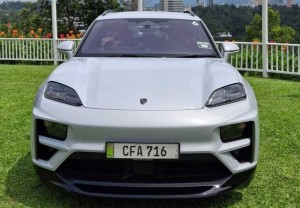
Porsche Macan EV: Re-energised exhilaration
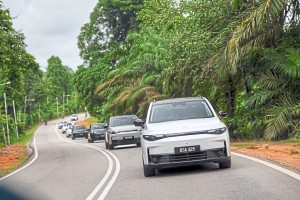
All-electric Leapmotor C10 SUV ticks all the right boxes

New Kia Sportage: Versatile and stylish

6.6
Triumph Scrambler 1200 X: A good balancing act
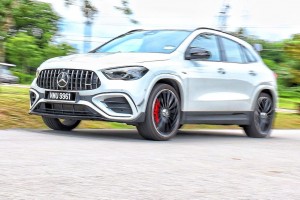
8.3
Mercedes-AMG GLA 45 S 4Matic+: Poking the pocket rocket
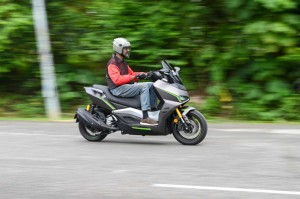
8.0
Moda Sporter-S 250: A new player in town
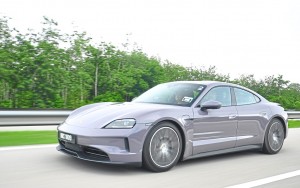
Porsche Taycan E-xperience drive: Kuala Lumpur - Kuantan

Mercedes-Benz E 350 e PHEV: Refined elegance, timeless prest...
Videos

StarCarSifu Editors' Choice Awards 2024: Top winners

The Snowball – Lamborghini’s Heartwarming Christmas Story of...

EVOGO battery swapping solution showcased at IAA Mobility 20...
